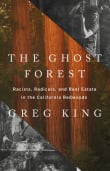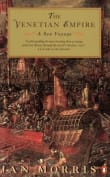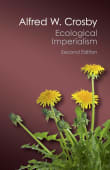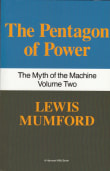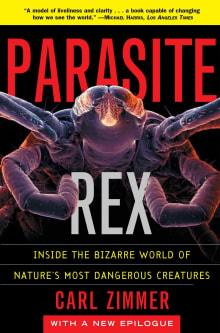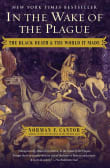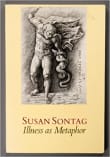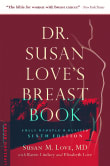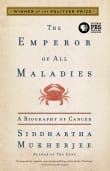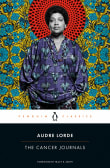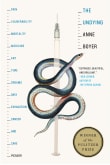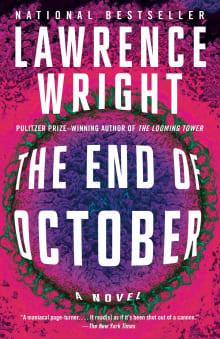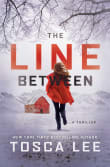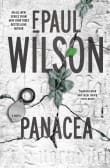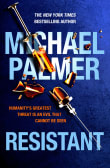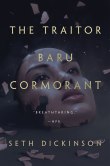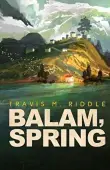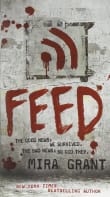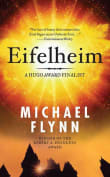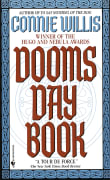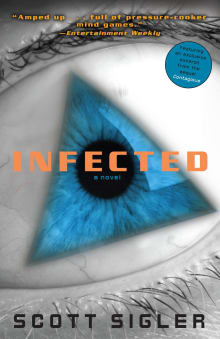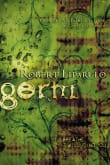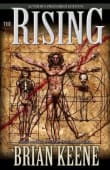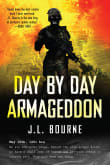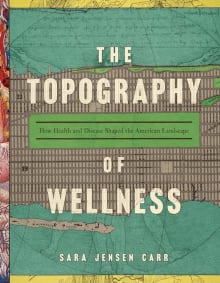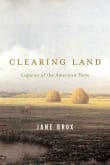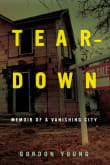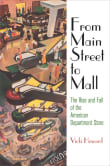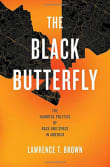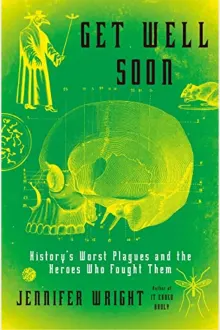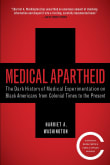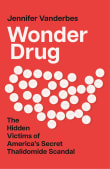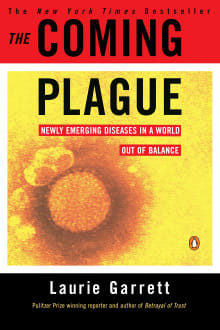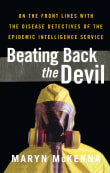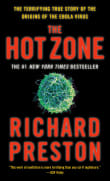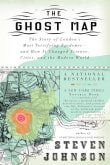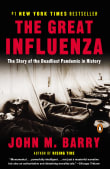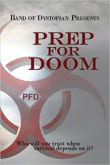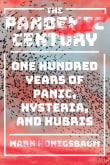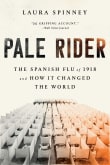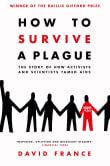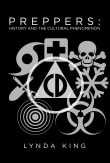Why am I passionate about this?
Growing up in what was becoming Silicon Valley, I escaped to San Francisco on weekends and, through it, fell in love with what other great cities have to offer. However, as an environmental writer and TV producer there in the 1980s, I became aware of how cities exploit the territories on which they rely. A winter sojourn in the most lovely, fragile, and ingenious of all towns—Venice—in 1985 focused my too-diffuse thought on what might otherwise seem a contradiction. The lagoon city is, as John Ruskin said, the finest book humanity has ever written; I owe it my life and the book it inspired.
Gray's book list on the hidden costs of city-building

Why did Gray love this book?
This book opened my eyes to the often cataclysmic consequences of European exploration and colonization of islands and continents beyond itself, a shockwave of transformations and extinctions that have impoverished the human and biological diversity of the Earth continuing to the present.
Crosby—a pioneer of environmental history—often writes with wry humor about a very serious topic. His chapter on the invasion of the eastern Atlantic islands and its aftermath ("The Fortunate Isles") is especially good.
4 authors picked Ecological Imperialism as one of their favorite books, and they share why you should read it.
People of European descent form the bulk of the population in most of the temperate zones of the world - North America, Australia and New Zealand. The military successes of European imperialism are easy to explain; in many cases they were a matter of firearms against spears. But as Alfred W. Crosby maintains in this highly original and fascinating book, the Europeans' displacement and replacement of the native peoples in the temperate zones was more a matter of biology than of military conquest. European organisms had certain decisive advantages over their New World and Australian counterparts. The spread of European…


